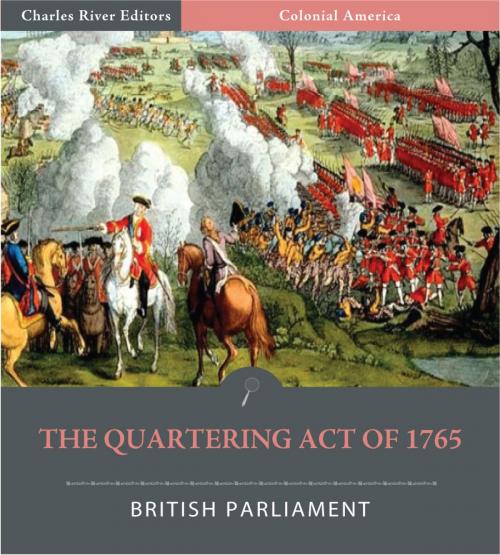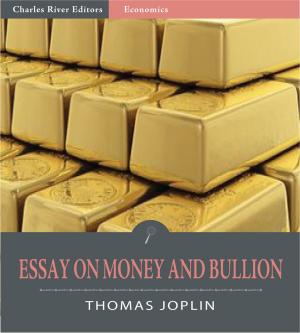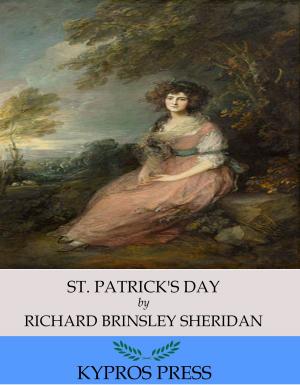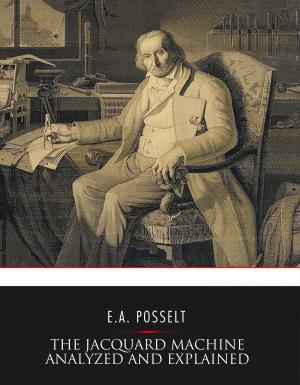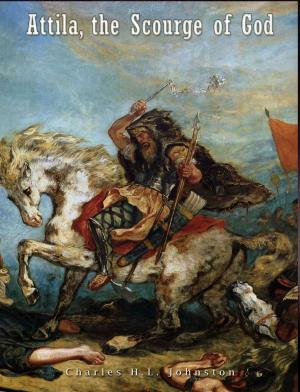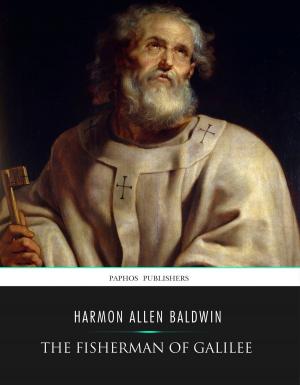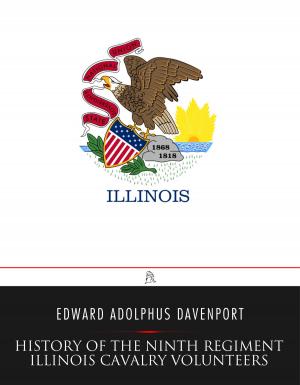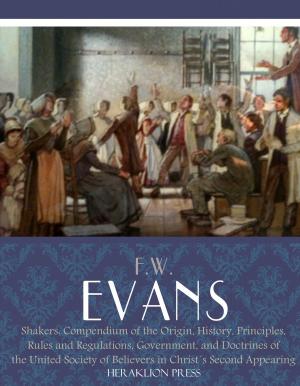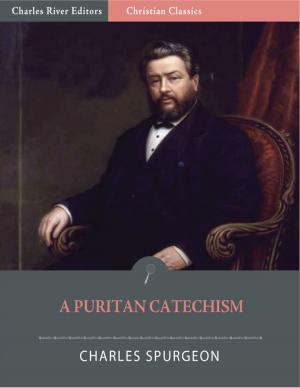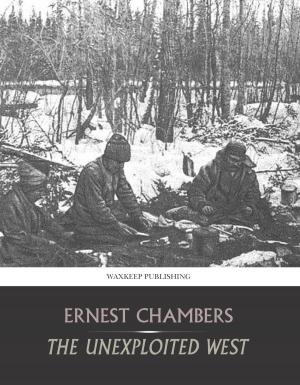The Quartering Act of 1765 (Illustrated)
Nonfiction, History, Americas, United States, Colonial Period (1600-1775), Reference & Language, Law| Author: | British Parliament | ISBN: | 9781475312416 |
| Publisher: | Charles River Editors | Publication: | February 22, 2012 |
| Imprint: | Language: | English |
| Author: | British Parliament |
| ISBN: | 9781475312416 |
| Publisher: | Charles River Editors |
| Publication: | February 22, 2012 |
| Imprint: | |
| Language: | English |
One of the most famous revolutions in history, the American Revolution (1775-1783) was the political upheaval in which 13 distinct colonies in North America banded together to cast off British rule, forming the United States of America. But what brought about the Revolution? The trouble began after the Seven Years War between France and Great Britain. Lieutenant-General Thomas Gage, commander-in-chief of forces in British North America, and other British officers who had fought in the French and Indian War, had found it hard to persuade colonial assemblies to pay for quartering and provisioning of troops on the march. Therefore, he asked Parliament to do something. Most colonies had supplied provisions during the war, but the issue was disputed in peacetime. The Province of New York assembly passed an act to provide for the quartering of British regulars, which expired on January 2, 1764. The result was the Quartering Act of 1765, which went far beyond what Gage had requested. The colonies disputed the legality of this Act since it seemed to violate the Bill of Rights 1689 which forbid taxation without representation and the raising or keeping of a standing army without the consent of Parliament. No standing army had been kept in the colonies before the French and Indian War, so the colonies asked why a standing army was needed after the French had been defeated.After the colonies won the American Revolution, the 3rd Amendment of the Bill of Rights prohibited quartering troops in private homes. This edition of the Quartering Act of 1765 is specially formatted with illustrations of King George III, Parliament, and pictures of the Quartering Act.
One of the most famous revolutions in history, the American Revolution (1775-1783) was the political upheaval in which 13 distinct colonies in North America banded together to cast off British rule, forming the United States of America. But what brought about the Revolution? The trouble began after the Seven Years War between France and Great Britain. Lieutenant-General Thomas Gage, commander-in-chief of forces in British North America, and other British officers who had fought in the French and Indian War, had found it hard to persuade colonial assemblies to pay for quartering and provisioning of troops on the march. Therefore, he asked Parliament to do something. Most colonies had supplied provisions during the war, but the issue was disputed in peacetime. The Province of New York assembly passed an act to provide for the quartering of British regulars, which expired on January 2, 1764. The result was the Quartering Act of 1765, which went far beyond what Gage had requested. The colonies disputed the legality of this Act since it seemed to violate the Bill of Rights 1689 which forbid taxation without representation and the raising or keeping of a standing army without the consent of Parliament. No standing army had been kept in the colonies before the French and Indian War, so the colonies asked why a standing army was needed after the French had been defeated.After the colonies won the American Revolution, the 3rd Amendment of the Bill of Rights prohibited quartering troops in private homes. This edition of the Quartering Act of 1765 is specially formatted with illustrations of King George III, Parliament, and pictures of the Quartering Act.
